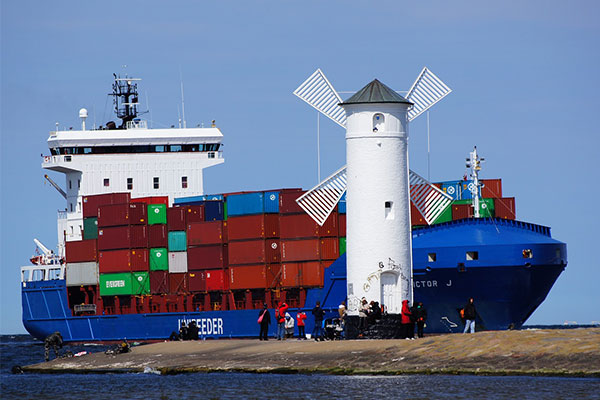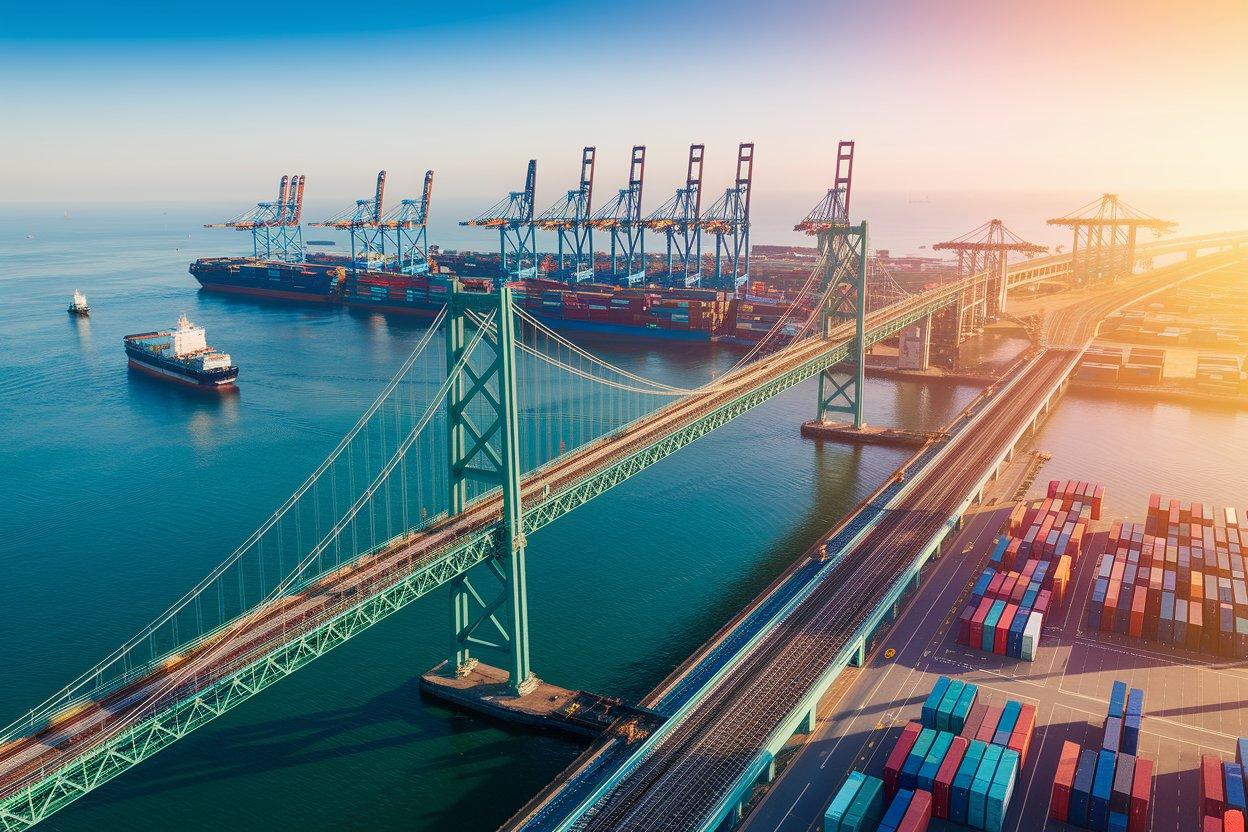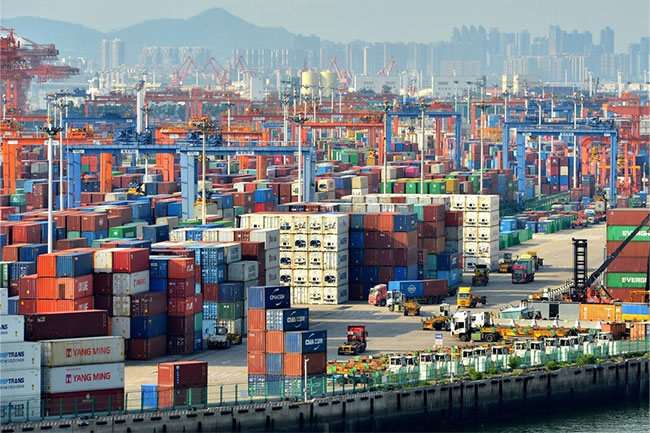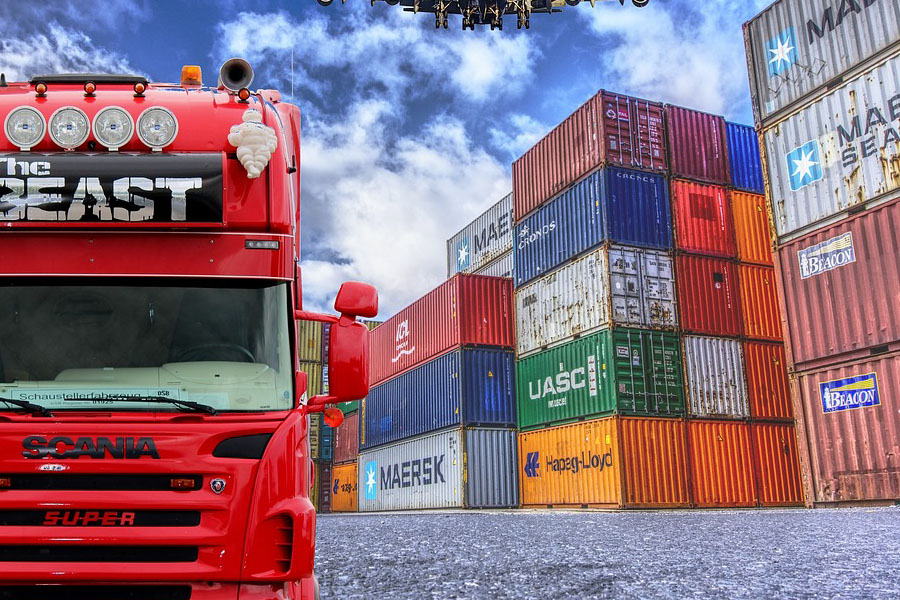- Shanghai Zhongshen International Trade Co., Ltd. - Two decades of trade agency expertise.
- Service Hotline: 139 1787 2118

1. Is there a legal basis for export agency business?
According to the relevant provisions of theforeign tradeArticle 12 of the Foreign Trade Law stipulates that foreign trade operators may, in accordance with the law, act as agents for others in handling foreign trade business. Meanwhile, Article 919 of the Civil Code clearly defines the legal effect of entrustment contracts. This means:
- The shipper with theimport and exportThe agency company authorized to act on behalf is conducting business in full compliance with the law.
- A standardized contract must be signed.Tripartite Agreement(Manufacturer, Trading Company, Overseas Buyer)
- The "Consignor within China" and "Production/Sales Unit" on the customs declaration form must respectively reflect the agent and the actual cargo owner.
2. How to Determine the Legitimacy of an Agency Company?
Compliant agency export shall meet all the following conditions:
- Verification of Qualification Documents:
- ValidForeign Trade Operator Registration and Record Filing Form
- Customs Registration Certificate for Consignors and Consignees of Import and Export Goods
- (Enterprises of category B and above are in normal status)
- Business Operation Standards:
- The declarant on the customs declaration form does not match the actual entity.A complete export agency agreement should be attached with:Party A and Party B
- The issuance of the value-added tax invoice complies with the principle of "three flows in one."
- Export DrawbackSeparation of the principal from the actual ownership of goods operation
III. Which types of export agency activities may potentially violate the law?
The typical cases reported by the General Administration of Customs in 2023 indicate that the following situations carry legal risks:
- Borrowing a third-party letterhead for use.Export under another's name
- Proxy services with fictitious trade backgrounds
- Failure to truthfully declare the value of goods to evade customs duties
- The agent simultaneously acts as the overseas buyer (with money laundering risks).
In 2024, a certain electromechanical enterprise was fined 3.8 million yuan for falsely reporting product names through an agency company, highlighting the importance of compliance operations.
IV. Four Major Security Safeguards for Formal Export Agency
- Fund Security:
- All overseas payments must be settled through the foreign exchange account of the agency company.
- Domestic payments must be accompanied by a tax clearance certificate.
- Document Specifications:
- The retained copy of the customs declaration form fully corresponds with the shipping documents.
- The logistics trajectory can be fully traced.
- Tax compliance:
- The agency fee invoice and the goods value invoice should be issued separately.
- Complete record of export tax rebate documentation
V. Three Golden Rules for Enterprises When Choosing Agency Services
- Verify the customs credit rating of the agent for the past three years (it is recommended to choose an AEO-certified enterprise).
- Please provide a complete risk protection plan (including fund supervision, cargo insurance, etc.).
- The contract must explicitly stipulate:
- Declaration Responsibility for Customs Clearance
- Intellectual Property Infringement Compensation Clause
- Force Majeure Handling Mechanism
VI. Outlook on New Foreign Trade Agency Policies in 2025
According to the latest briefing from the Ministry of Commerce, the upcoming regulatory measures include:
- Establish a nationally unified credit publicity system for agency enterprises.
- Implement the electronic agency agreement filing system
- YesCross-border E-commerceImplement classified supervision by proxy
- Expand the scope of "advance declaration" in customs.
VII. Authoritative Answers to Frequently Asked Questions
Q: What is the fundamental difference between export agency and self-operated export?
A: The key difference lies in the operating entity. Under the agency model, the foreign trade company acts as the legal seller and is responsible for corresponding customs obligations.
Q: Is there a legal standard for the commission fee percentage?
A: Currently, there is no specific proportion stipulated by law, but the industry convention ranges from 0.8% to 3% of the cargo value. Excessively high rates may attract tax scrutiny.
Q: How to protect one's rights in the event of a trade dispute?
A: It is recommended to take the following three actions immediately: 1. Preserve all correspondence and communications. 2. Apply for a customs inspection report. 3. Exercise rights through the arbitration clause of the International Chamber of Commerce.
Related Recommendations
? 2025. All Rights Reserved. Shanghai ICP No. 2023007705-2  PSB Record: Shanghai No.31011502009912
PSB Record: Shanghai No.31011502009912










